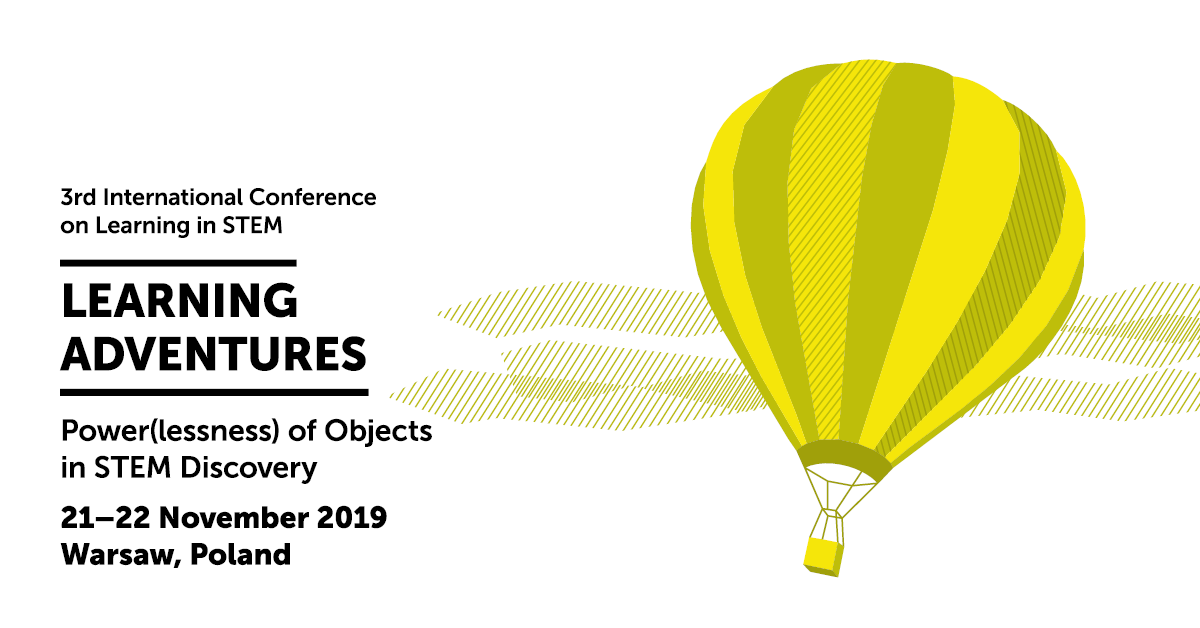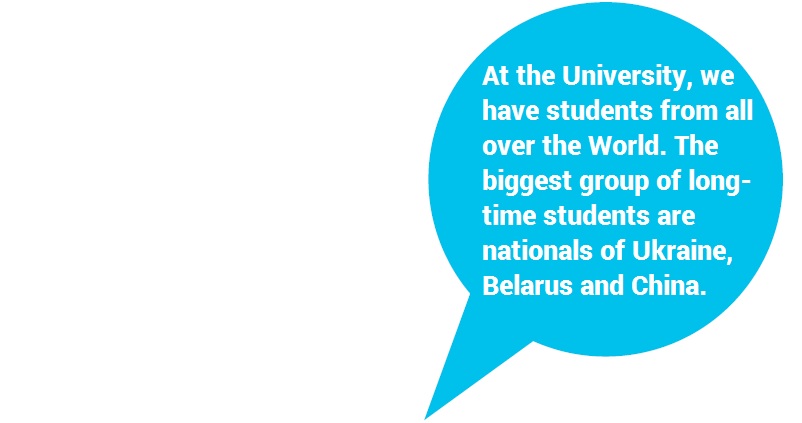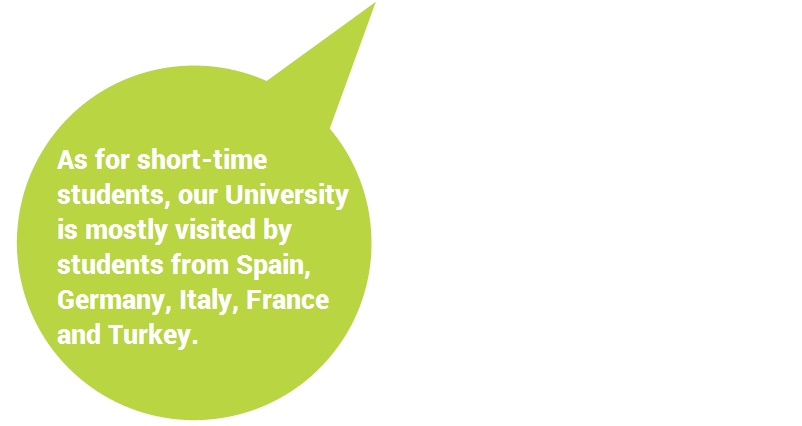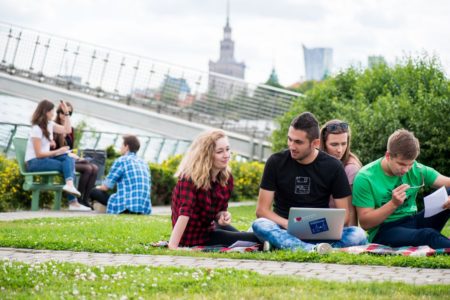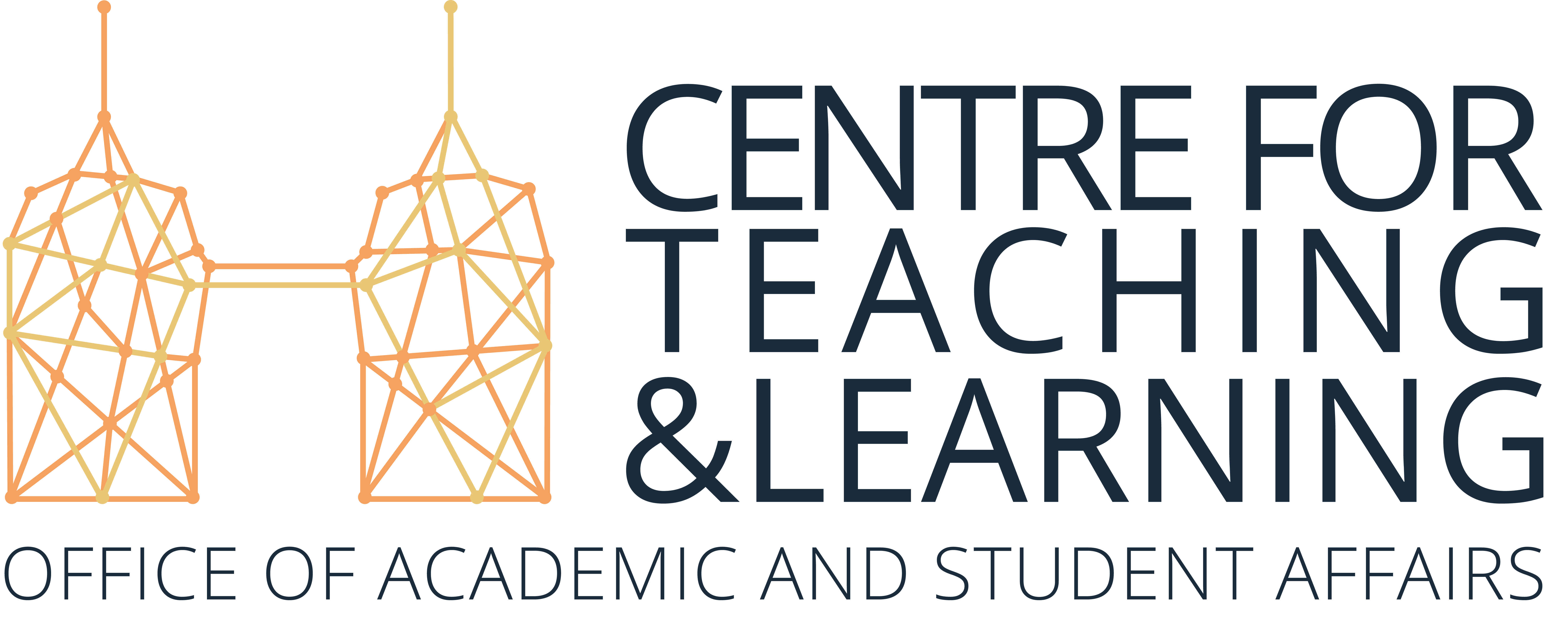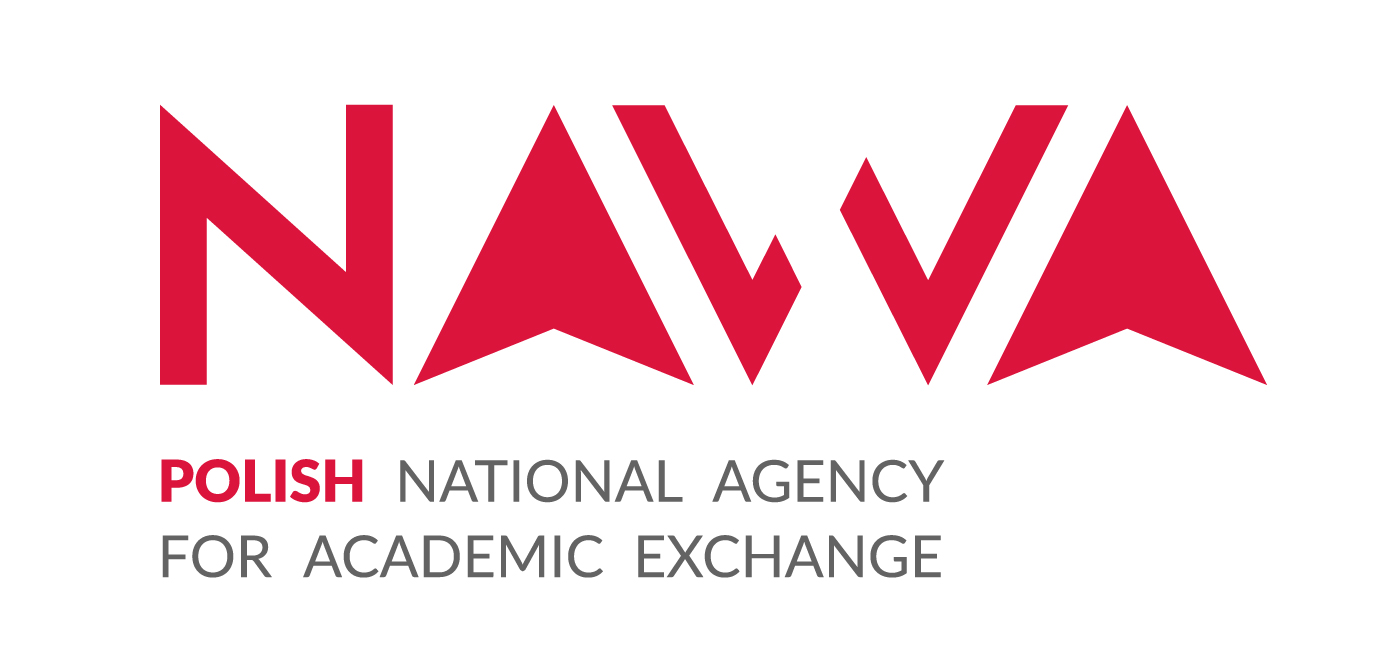The contemporary world is torn between trust in the power of objects, and the everyday reality in which scrolling a touchscreen gives us a sense of agency.
Many real-world learning experiences – experiments involving physical contact with a telescope, a test-tube, an inclined plane – nowadays become familiar to us via text, imagery, or virtual reality. We spend more and more time on learning, but less and less of it engaging with the material world. And yet our world is increasingly facing non-virtual challenges: how to cope with pollution and global warming, how to harness the potential of science and technology for social benefit? Will the kind of skills gained in the online realm of coding and programming truly suffice? More generally, how important for learning is contact with physical objects, constructing knowledge though physically experiencing the world?
We’re surrounded by objects meant to teach us, give us opportunities, develop our potential. But are they already so well-designed that we can rest assured about the future? Are good applications enough to convey scientific knowledge to students? Can well-crafted teaching aids suffice to deliver a good lesson? Can an outstanding science class be taught solely on the basis of processes and words?
Objects aren’t simply neutral: embedded within them are values, goals, use concepts, and user models. Also inscribed in them are assumptions about the imagined user. But who is this user that educational-aid designers are envisioning, in terms of gender, competences, ways of teaching and learning? How can the design of educational aids advance our understanding of learning itself? Does the introduction of technological aids in education actually equalize opportunities, or rather does it augment social divides?
In short, what do we know about the power (or powerlessness) of objects in learning?
The program of the conference, organised by the Copernicus Science Centre, New York Hall of Science and the SWPS University of Social Sciences and Humanities in Warsaw, features appearances and BADNIGHT! – an informal evening gathering, featuring a competition for the most inspiring PERSONAL FAILURE in research.
Our special guests speakers will be:
- Manu Kapur – professor and Chair of Learning Sciences and Higher Education at ETH Zurich, Switzerland;
- Ricardo Nemirovsky – research professor at Manchester Metropolitan University (in Manchester, UK), in the Education & Social Research Institute;
- Estrid Sørensen – professor of Cultural Psychology and the Anthropology of Knowledge at the Ruhr-University in Bochum, Germany.
| Where? | Copernicus Science Centre, Warsaw, Poland |
| When? | 21-22.11.2019 |
| Deadline for applying | July 10 (for active participants) September 30 (for observers) |
Want to apply? Visit this website.
